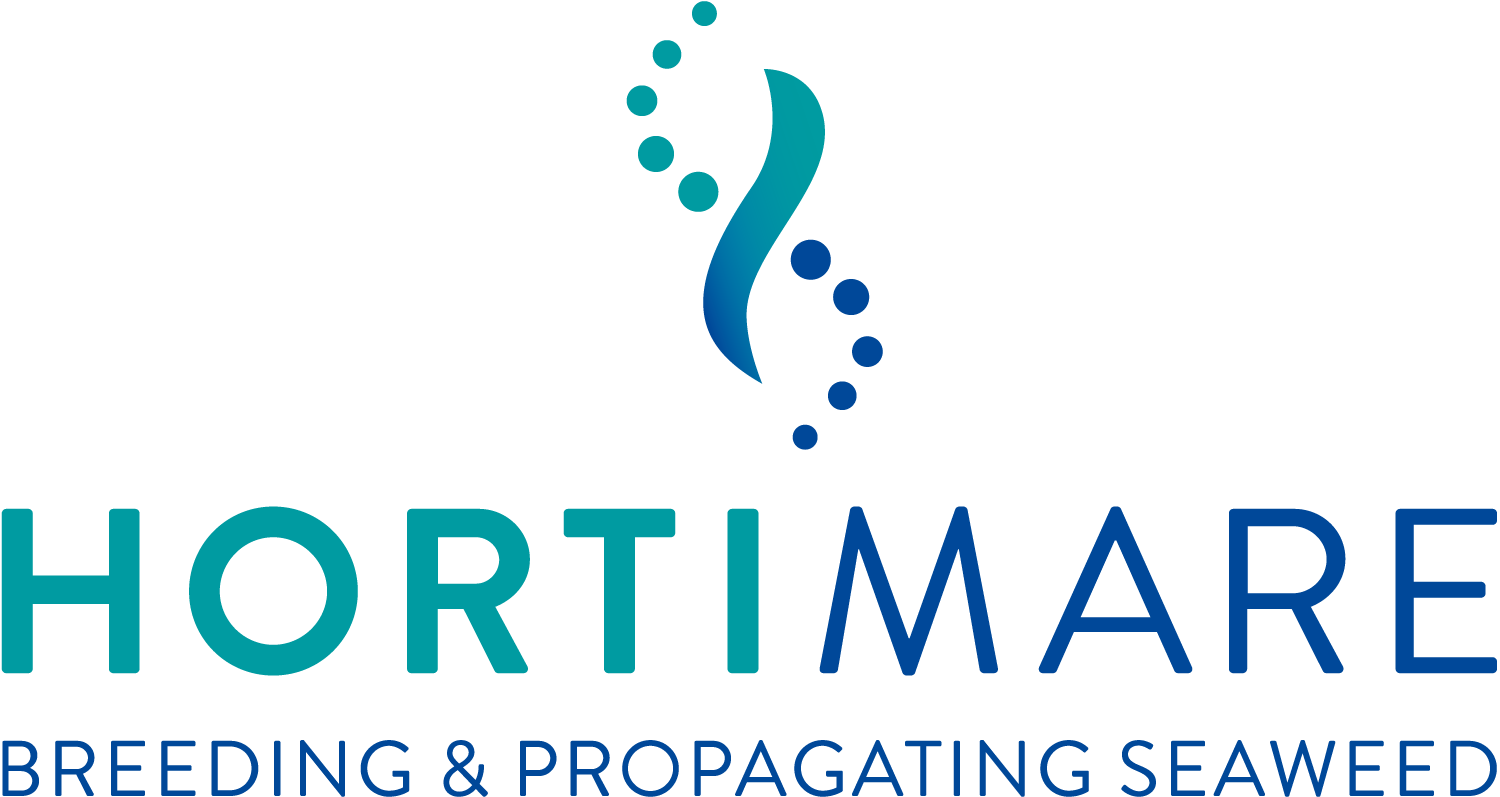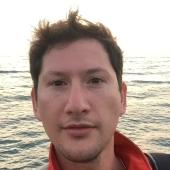About the speaker:
Gabriel Montecinos Arismendi is a marine biologist who has spent more than ten years working in seaweed in different countries. He has studied and managed reproductive mechanisms in kelps, take part in genetic analyses, created several seaweed biobanks (germplasm collection), and participated in programs focused on seaweed restoration, genetic diversity and breeding in Macrocystis pyrifera (giant kelp).
He is currently responsible for improving seaweed production in the brown seaweed team and advising the breeding program at Hortimare.
Company info:

Hortimare provides high quality starting material to seaweed farmers around the world. The long-term focus of Hortimare is to supply the right strain of seaweed to build up a sustainable industry.
Presentation:
Seaweed domestication, thereafter breeding, is a continuous process of controlling the life cycle, capturing genetic diversity (local or non-local), and selecting and cultivating strains with desired characteristics, integrating environmental conditions.
The idea is to present different approaches and methods in western countries at different stages of strain selection, as well as identify the challenges with focus on collection of material, hatchery, deployment and harvesting.
Keywords:
Seaweed cultivation, seaweed domestication, breeding, biobank, phenotyping, challenges



